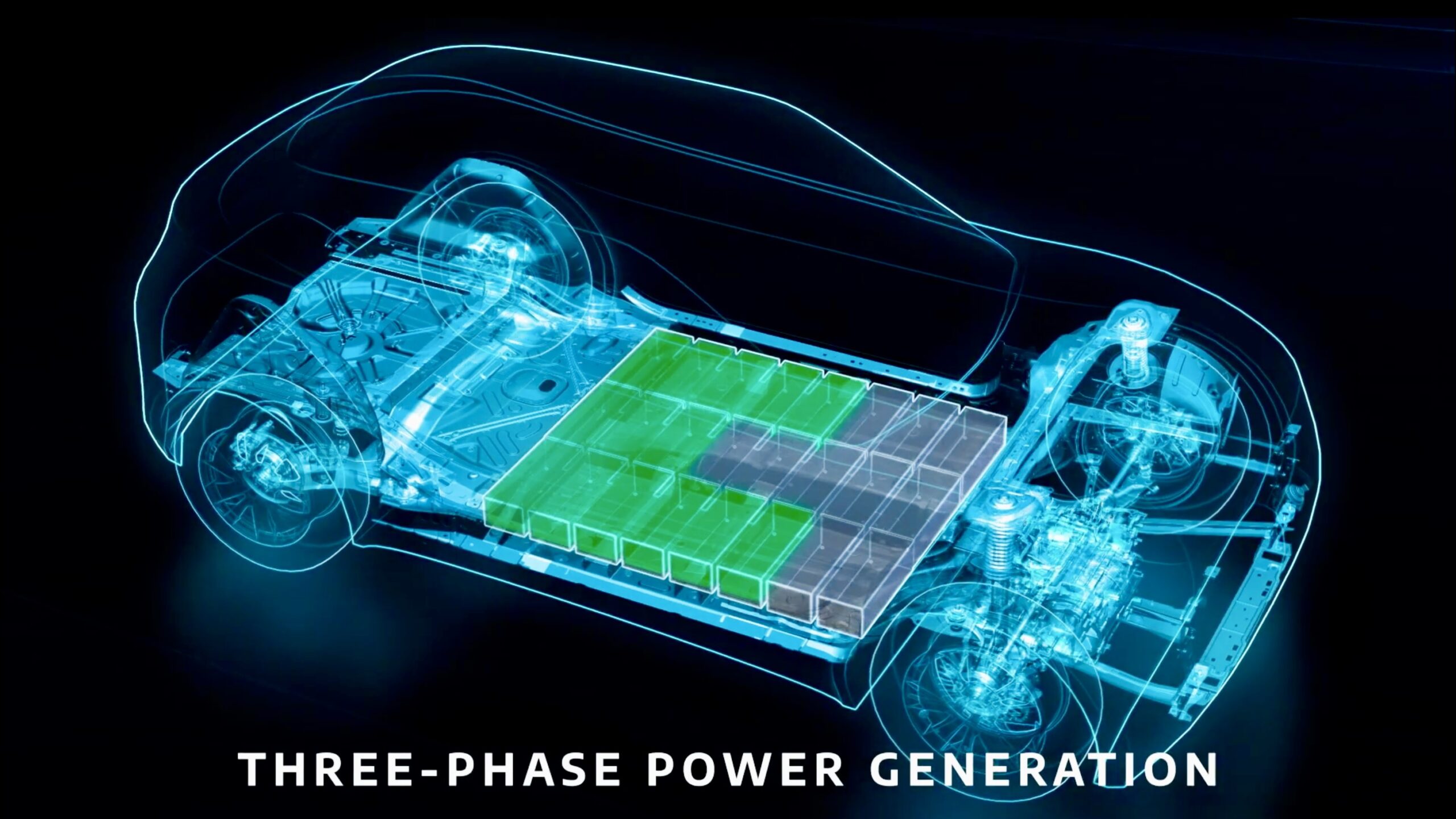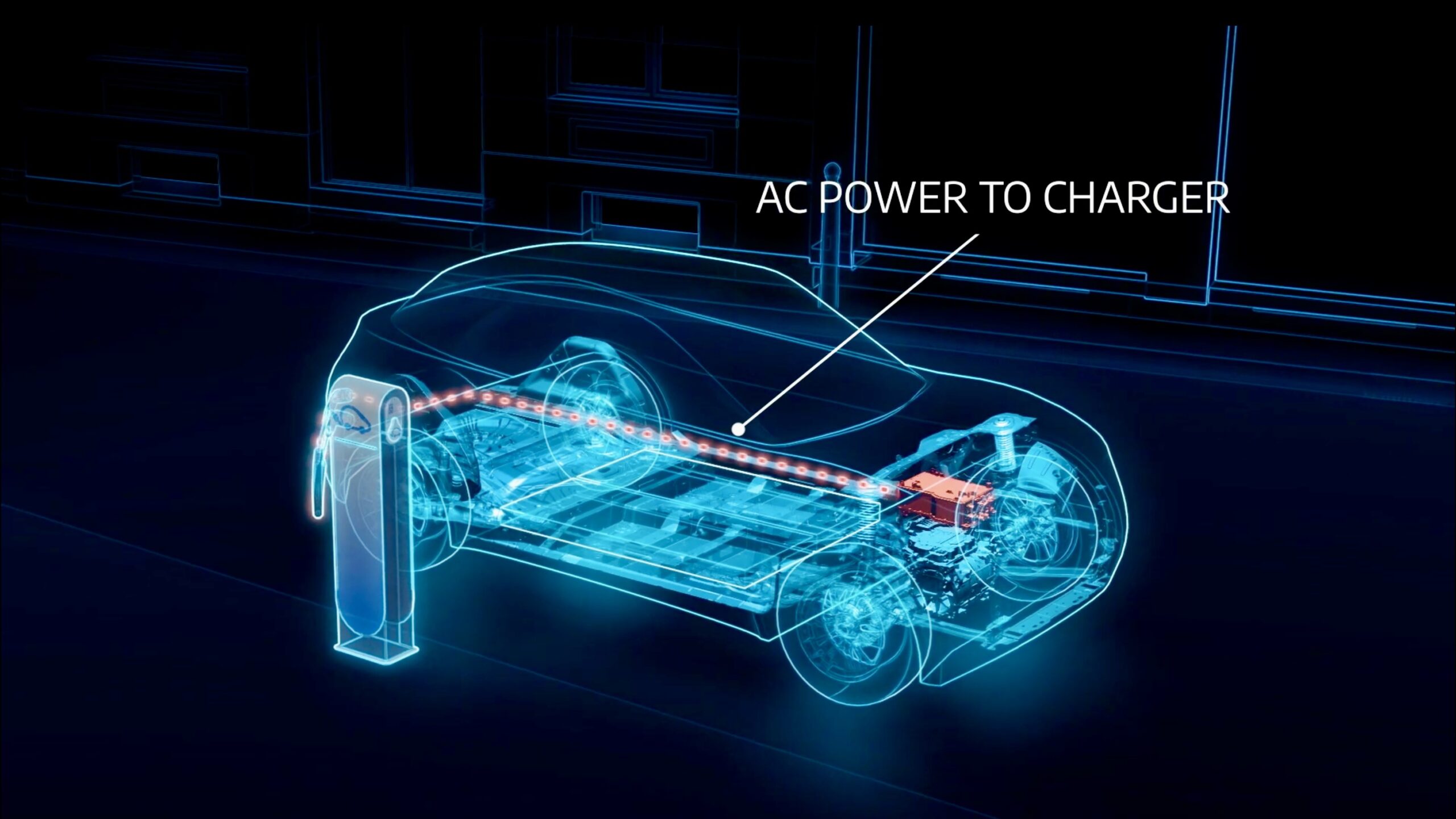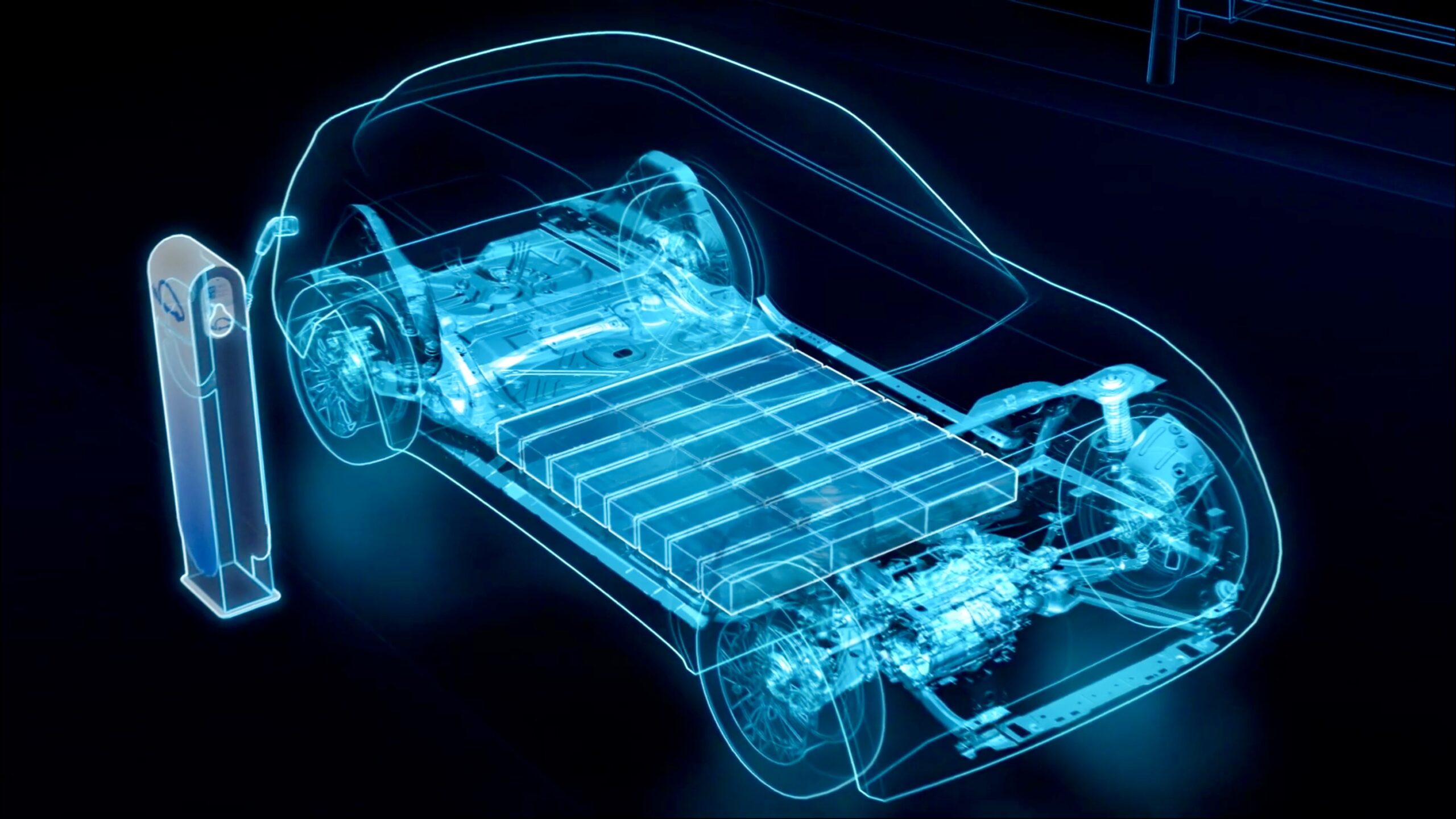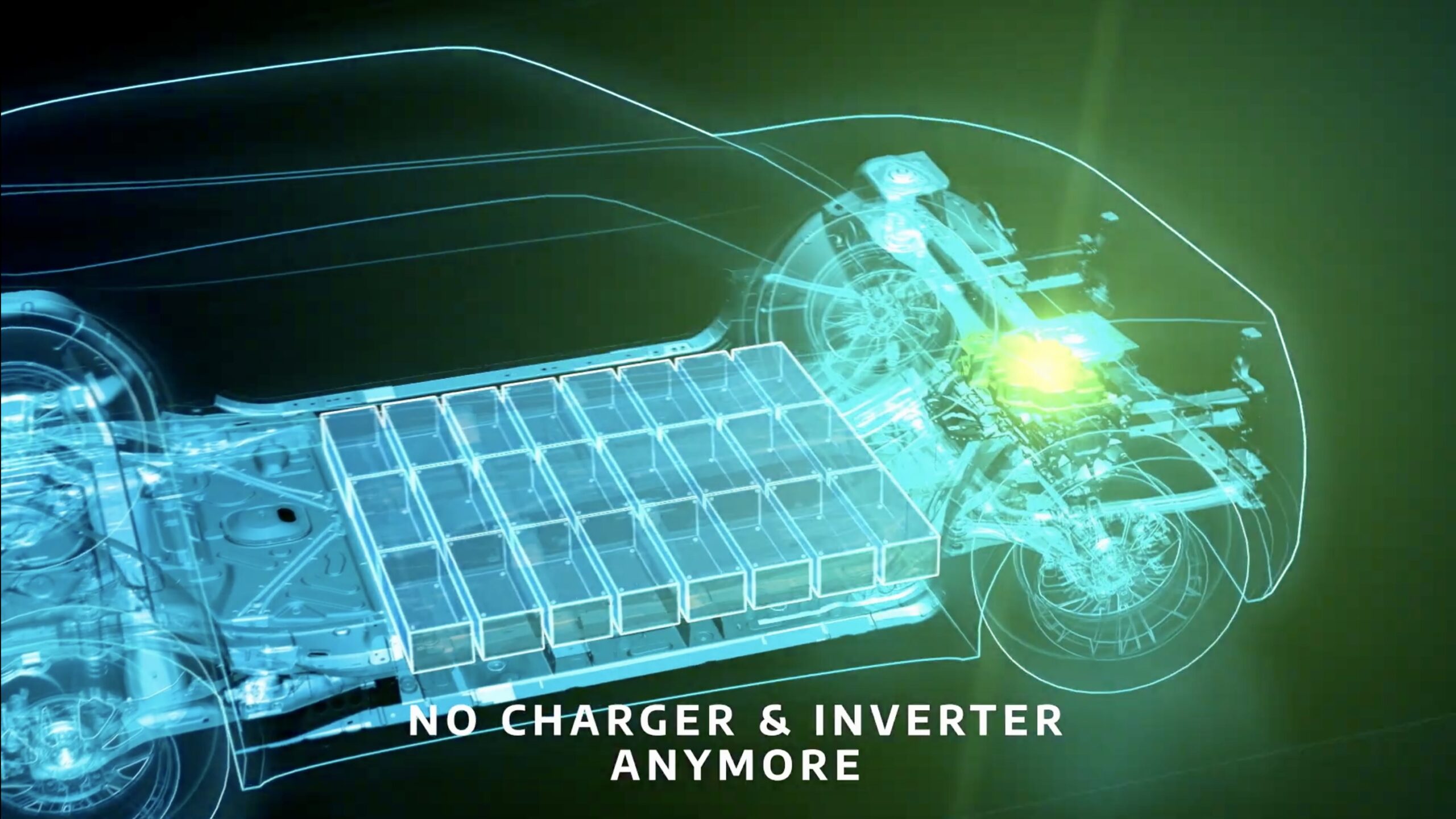Stellantis / Saft Create A More Efficient Battery For Autos And Stationary Power
Intelligent Battery Integrated System (IBIS)...
In a groundbreaking collaboration that spans four years, a team of 25 engineers and researchers from CNRS (French National Centre for Scientific Research), Stellantis, and Saft have announced the successful development of an innovative prototype energy storage battery. This groundbreaking battery integrates the inverter and charger functions, resulting in increased efficiency, improved range for battery electric vehicles, enhanced reliability, and reduced costs. This ambitious joint effort, known as the Intelligent Battery Integrated System (IBIS) project, has the potential to revolutionize the design of electric powertrains and significantly impact the future of electromobility.

The IBIS project represents a major departure from traditional electrical energy conversion systems. After extensive design, modeling, and simulation, the team introduced a demonstrator in the summer of 2022, incorporating numerous patents that validate novel technical concepts. The integration of electronic conversion boards, responsible for the power inverter and charger functions, in close proximity to the lithium-ion battery cells, enables the direct production of alternating current for electric motors, ensuring greater efficiency and performance.
The project’s primary focus is on the development of a fully functional prototype vehicle, set to undergo rigorous testing on Stellantis’ development benches, test tracks, and open roads. The ultimate goal is to make this cutting-edge technology available on Stellantis brand vehicles before the end of the decade.

Ned Curic, Stellantis’s Chief Engineering & Technology Officer, emphasized the company’s commitment to innovation and research excellence to meet the needs of EV customers. He highlighted that the IBIS battery system could be a game-changer, providing advanced technology that enhances EV range, roominess, and affordability and reduces the carbon footprint.
One of the most significant advantages of the IBIS project lies in its potential to reduce vehicle weight, EV powertrain costs, and vehicle manufacturing expenses while introducing a host of new features. By offering an efficient and cost-competitive solution, the project aims to accelerate the adoption of electric vehicles and pave the way for a sustainable future.

Beyond the automotive sector, the IBIS battery holds significant promise in stationary energy storage and renewable energy integration. Project partner Saft, a subsidiary of TotalEnergies Group, will utilize the technology to offer turnkey installations with improved battery availability, optimized energy utilization, and a smaller environmental footprint. The battery’s intrinsic architecture will also simplify facility maintenance and upgrades, further contributing to reduced carbon emissions.
Cedric Duclos, CEO of Saft, expressed excitement about the collaboration and its potential to revolutionize both electric mobility and stationary energy storage. With its extensive history in industrial battery innovation, Saft is well-positioned to contribute to research programs like IBIS and drive transformative change in the industry.

Funded by the Future Investment Plan, overseen by ADEME (the Environment and Energy Management Agency), and coordinated by Stellantis, the IBIS project brings together key industrial partners, research laboratories, and institutions, creating a robust and multifaceted approach to cutting-edge energy storage technology.






No replies yet
Loading new replies...
Join the full discussion at the Mopar Insiders Forum →